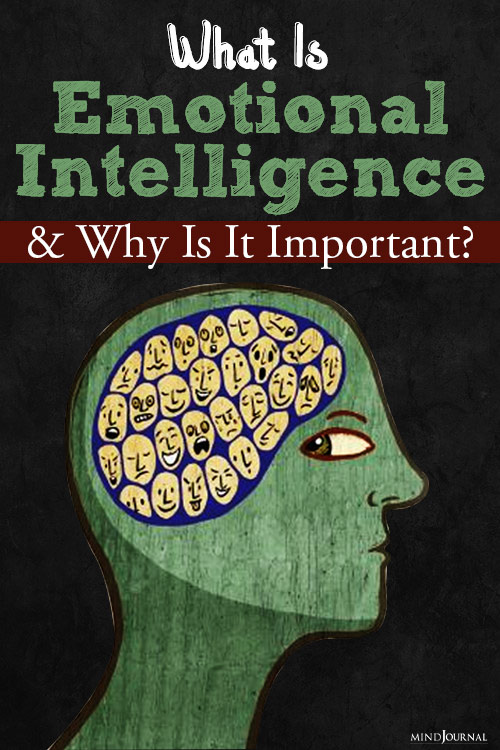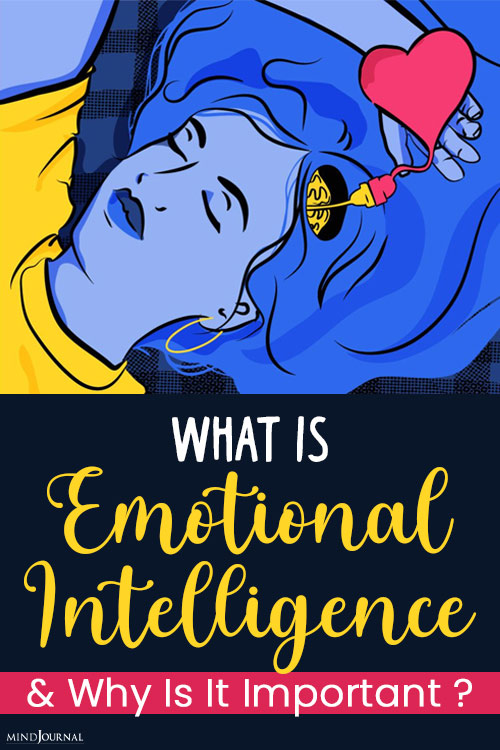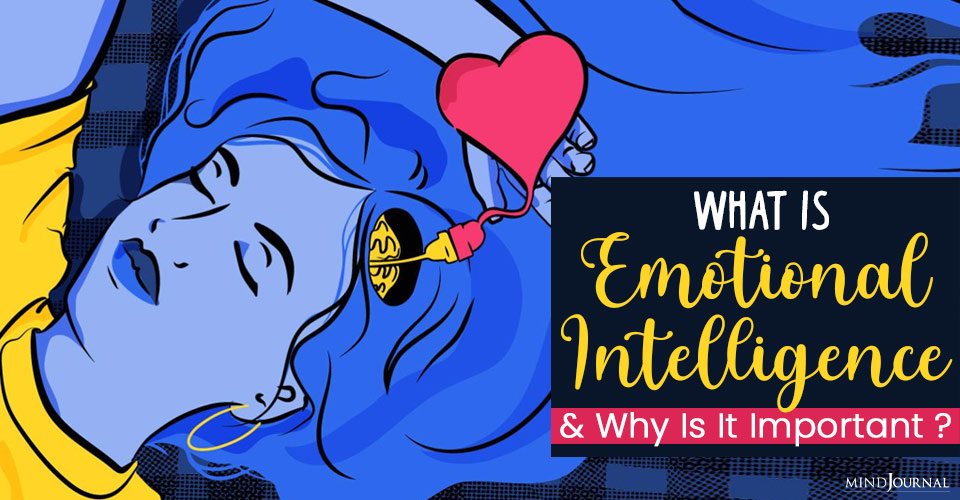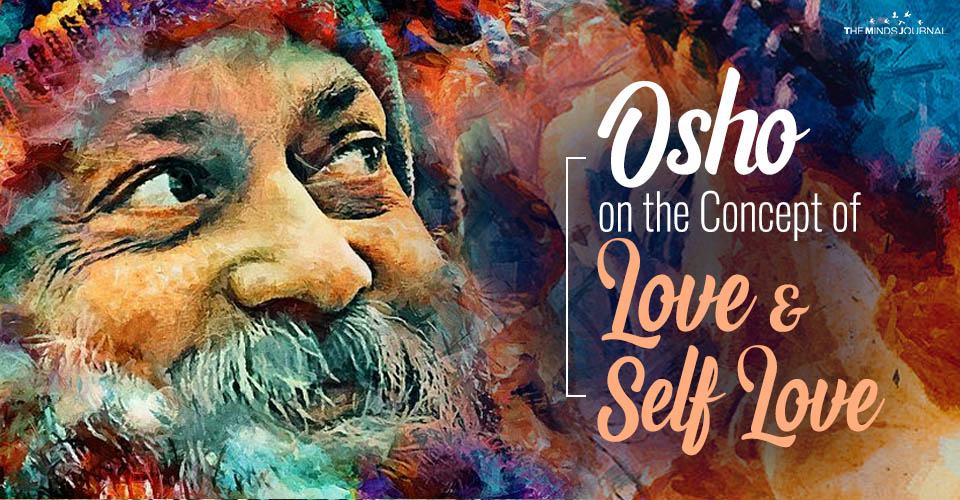What is Emotional Intelligence? Emotional Intelligence is your superpower to understand what others are feeling as well as your capacity to manage your behavior around them for successful relationships. So can you grow your emotional intelligence? Let’s find out!
What Is Emotional Intelligence?
Emotional Intelligence is the intellectual power to identify and manage the emotions of others, as well as our own, and act tactfully in social situations. Although it is a fairly new practice to consider emotional intelligence (EI) and Emotional Quotient (EQ) as essential soft skills in corporate industries, the concept has been floating around since 1997, when John Mayer and Peter Salovey, two notable American psychologists first coined the term.
The American Psychological Association (APA) identifies Emotional Intelligence as ‘’a type of intelligence that involves the ability to process emotional information and use it in reasoning and other cognitive activities..’’.
Say your friend sends you a message on Friday night inviting you for lunch the following afternoon. You notice that she has made the plan at the 11th hour, giving you a very short notice, and she doesn’t even want to hang out after lunch. You deduce that her original plan must have got canceled or she just needs a company before her actual plan starts. You politely decline the offer by feigning an excuse but don’t give in to the temptation of confronting her directly. You read between the lines, identified the emotion, and managed your response well. This behavior on your part goes to show that you have a high level of emotional intelligence.
What Are Emotional Intelligence Skills?
According to the Mayer Salovey Model, an emotionally intelligent person is skilled in 4 areas:
1. Identifying Emotions
The first step for effective emotion management is to accurately identify emotions. An emotionally intelligent person is not only aware of their own thought processes, but can successfully pick up verbal and non-verbal cues to decode the emotions of others. A smile, a pause in dialogue, voice modulation, enunciation, all are emotional codes that need to be interpreted correctly for successful communication.
2. Using Emotions
The next step in the process is to use emotional signals to facilitate our thinking and cognitive activities. Once an individual with high EQ, identifies emotions, they use this emotional information to analyze and rationalize their decision-making processes. All our reasoning, problem-solving, and other high-level cognitive processes are influenced by how we use emotions.
3. Understanding Emotions
Here comes the tricky part. We all understand emotions, right? How difficult could it be? Think again! Our emotions change over time and all emotions are related to each other. One might get upset by getting a speeding ticket and project their frustration on someone else. An emotionally intelligent person successfully reads into the matter, understands where the emotion is misplaced, and responds accordingly.
Related: How to Better Understand Your Emotions and Be In Touch with Them
4. Regulating Emotions
This part of emotion management is considered to be of the highest importance. Properly responding to emotional triggers, both internal and external, depends on how well you identify, process, and understand emotional data. If you can regulate and manage emotions well, you will be able to understand and predict others’ behaviors, as well as have a better handle on your own feelings. As a result, you will ace all social situations and have exceptional interpersonal skills.
Goleman’s Model & Components Of Emotional Intelligence
Daniel Goleman, who popularized Emotional Intelligence in his several books, has linked Emotional Intelligence with leadership qualities. He extended Mayer and Salovey’s original model by formulating 5 components that constitute Emotional Intelligence:
1. Self-Awareness
This essentially means being aware of your own feelings and thought processes and realizing their impact on others. Going beyond merely identifying one’s emotions, as suggested by Mayer and Salovey, this particular tenet emphasizes acknowledging the effects that one’s emotions may have on others and taking full responsibility for them.
2. Self-Regulation
Working in the line of Using and Regulating Emotions, Goleman here speaks about managing one’s own emotional process and successfully predicting or foreseeing the effects these emotions may have on the surrounding environment.
3. Motivation
This concerns one’s attitude, behavior, and thought processes and the way they function after facing an obstacle. How we stride forward after meeting a roadblock on our way, in the form of rejection or failure, talks volumes about our resilience and comprises the 3rd component of our emotional intelligence.
4. Empathy
Empathy is the ability to perceive the feelings of others and to respond accordingly so that the other person feels acknowledged and validated. This trait is crucial for having advanced emotional intelligence skills. If you can understand when a person is happy, upset, or annoyed, without them telling you directly, you will master one of the most important facets of emotional intelligence skills.
Related: 27 Traits Of An Empath
5. Social Skills
This talks about managing our interpersonal relationships in personal, professional, and all other social situations. Being truly aware of the potential impact of our emotions, managing them appropriately, and successfully navigating others’ emotions, we can enhance our social skills and manage our relationships better.
What Are The Benefits Of Having Advanced Emotional Intelligence Skills?
Undoubtedly, it pays to have high-level Emotional Intelligence Skills. EI dominates our personal, social, and professional relationships, as well as our relationships with ourselves. Research suggests, when we are in control of our emotions and know how to manage others’, we surely reap certain benefits, some of which are mentioned below –
1. Fitting-In
By being able to successfully understand what others like and dislike, what motivates or upsets them, we can become popular in our social circles. After all, everyone loves a people person and you can be the glue that holds your clique together if you can read others’ emotions and manage yours well.
2. Manage Stress
Life is not easy, and in our day-to-day struggles, we have to confront a lot of negativities that make us lose our minds. However, if we can master the emotional intelligence skills, we will be better at many things, like identifying stressors, predicting our mood, evaluating the potential effect of our reactions, and will be able to manage our stress like a monk.
Related: 20+ Best Meditation Music For Stress and Anxiety Relief
3. Improved Family Life
We will be able to understand and reciprocate the emotional demands of our spouses much better if we apply the rules of EI in our everyday life. Not only that, a study shows that the high emotional intelligence of parents contributes significantly to the development of emotional intelligence in children. According to the research, ‘’The results extend the literature on the role of parents in the development of trait EI and confirm the relevance of trait EI for affect-related outcomes’’.
4. Career Advancements
Although there is no correlation between EQ and IQ, research supports that people with enhanced emotional intelligence skills tend to perform better in the professional world and successfully build and maintain strong connections with their superiors and colleagues. This finding further supports the notion that having high-level emotional intelligence skills helps with social and interpersonal relationships.
5. Health
As seen earlier, highly developed emotional intelligence skills help to manage unpleasant thoughts and feelings, including stress. Also, high EQ helps us to remain motivated after setbacks or in the face of adversities. This is why it has been found that emotionally intelligent people are more likely to maintain their emotional and physical health. They mindfully practice healthy habits which enable them to be in great shape. According to a study, ‘’Overall, the results are encouraging regarding the value of EI as a plausible health predictor’’.
Here Are A Few Practical Applications Of Emotional Intelligence In Our Daily Lives:
- Moving on with life after a tragic loss, such as a breakup, death, loss of employment, etc.
- Acknowledging mistakes and being open to constructive criticism.
- Being an open-self personality and communicating better.
- Saying no when you mean it.
- Reconciliation skills
- Being supportive and non-judgmental.
- Being approachable.
- Being able to focus on goals.
- Observation power.
- Listening skills.
- Problem-solving ability.
How To Develop Emotional Intelligence Skills?
There are numerous views on developing emotional intelligence. Some scholars even argue that emotional intelligence is a natural trait one is born with. Whatever be the case, following Goleman’s model of EI, we can strategize the following steps to boost our emotional quotient:
1. Contemplate
To be aware of your innermost thoughts and feelings, take out time and practice contemplating your emotions and actions. Trudge the muddy waters of ego and bias and go deep into your hidden subconscious. If you can develop a habit of daily contemplation, external triggers will not be able to overwhelm you easily.
2. Respond Don’t React
Before reacting to any situation, pause and reflect on your thoughts. Analyze your feelings and the situation first, and don’t be in a haste. Even if you are prompted to lash out in anger, check your emotions, and respond appropriately.
3. Engage in social activities
The more you engage yourself with social activities, the more you learn to read others’ behaviors and non-verbal communications. If you are an introvert and find it difficult to be around people, chances are you shy away from making new friends and attending events with big gatherings. But remember my friend, if you keep away from social situations, your emotional intelligence will not improve, continuing to keep you uncomfortable with others.
4. Observe and listen more
If you want to grow your empathy muscles, you need to start paying more attention to others. Listen intently when others are talking; watch out for the slight changes in voice modulation, observe body language, gestures, hand movements, etc. Gradually, you will be able to put yourself in their shoes and empathize with them.
5. Focus on positivity
Life will keep on challenging you, but you need to consciously train your mind to focus on the positive side of things, to be hopeful, to be optimistic. By emphasizing more on the opportunities than the challenges, you will be able to successfully motivate yourself and keep living in the solution, not in the problem. In this way, when you will find yourself in a pickle, you will easily manage your emotions and come off as a well put together person.
How Does Emotional Intelligence Impact Your Mental Health And Wellbeing?
We have touched upon the subject of the positive effects of EI on overall health earlier, now let’s find out how having a heightened EQ impacts our mental health specifically.
1. Self-Esteem
When you have a greater sense of self-awareness, you will better understand your own potential and worth. More importantly, you will identify what works best for you and set your standards accordingly. When faced with negative feedback or toxic behavior, you will neither lose your faith in yourself nor the sight of your goal. Research shows emotional intelligence skills are directly linked to life satisfaction and self-esteem.
2. Fellow-Feeling
Empathy not only makes you understand others’ points of view, but also instills a sense of belonging in you. Being able to identify with others promotes compassion and fraternity. This will empower you to exhibit a strong demeanor towards life, as you will know in your heart that you are not alone, there are many others in similar situations. You will draw inspiration from them and stride along the course of your life. According to a study, regulating emotions and developing empathy can be an important metric to manage mental health.
3. Stability
Do you tend to jump the gun often? You might have heard the golden advice time and time again, ‘’Look before you leap’’; but you simply cannot do that. You give in to your impulse and land in trouble. We hear you! Being calm and level-headed in aggravating situations is not easy and it takes practice. One of the advantages of enhanced emotional intelligence skills is that you learn to pause and ponder on your response. As you know emotions are temporary, yet they can have irreversible effects on people sometimes, you tend to become more emotionally stable, especially during crises. A study proves EI and emotional stability are crucial for dealing with health and general stressful events.
4. Well-Being
People with emotional intelligence skills can manage their emotions as well as the emotions of others. This trait makes them more successful in their personal and professional life. Emotionally intelligent individuals can cope with life adversities better and maintain an overall positive approach towards life. As a result, they are less susceptible to issues like depression, anxiety, burnout, panic disorder, etc. A study has proved ‘’the positive correlation of emotional intelligence on mental health’’.
Signs Of Poor Emotional Intelligence Skills:
- Frequent mood swings.
- Tendency to have outbursts or emotional breakdowns in public.
- Not being able to see things objectively.
- Being impulsive.
- Not being able to accept rejection.
- Fixation or obsessiveness.
- Being awkward around people
- Not being able to understand the needs of others.
- Pessimism
Know Yourself To Know Others Better
It is not a character flaw to have poor emotional intelligence. If you are dealing with any of the emotional distresses discussed here, don’t blame yourself for not having high emotional intelligence skills. This article is simply a guide towards the role emotional intelligence plays in our lives. You can practise the tips given here for sharpening your emotional intelligence skills. You can also talk to a trusted friend or a mental health professional to better understand your emotions.
















Leave a Reply
You must be logged in to post a comment.